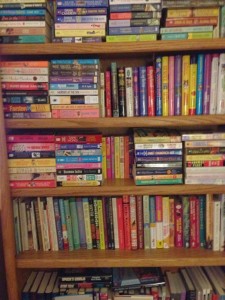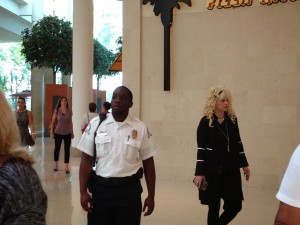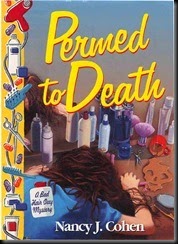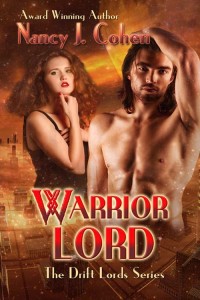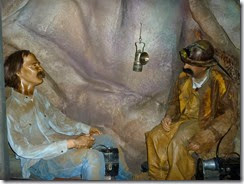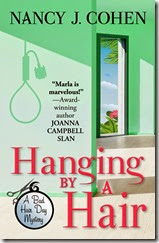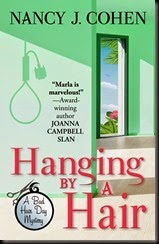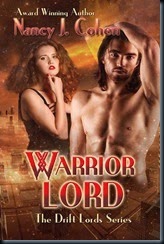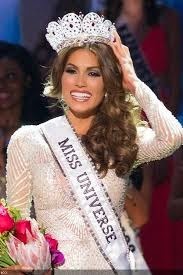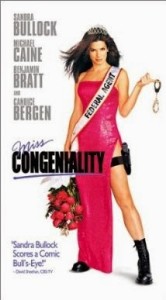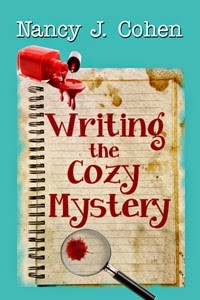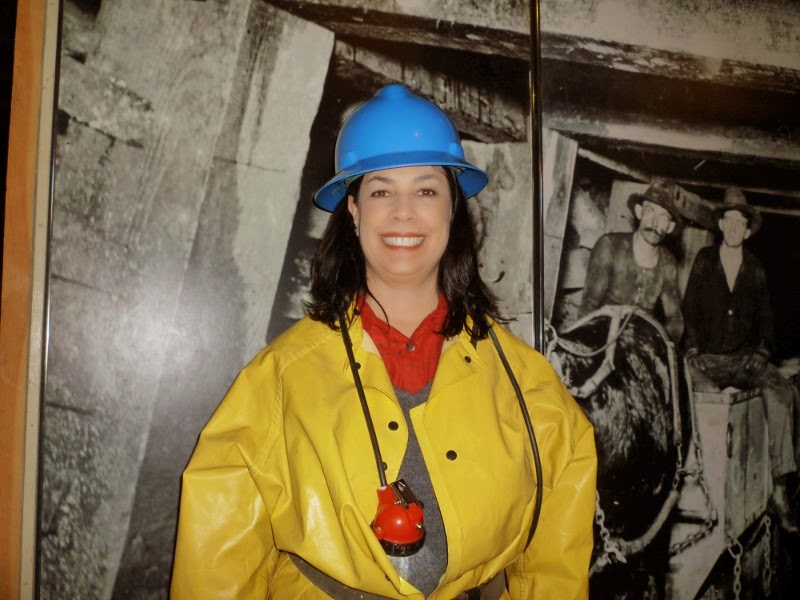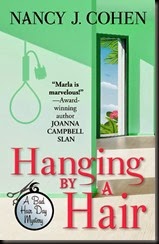As I switch my gaze from the iPad where I am proofreading my next Marla Shore story to our bookshelf crammed with mystery novels, I marvel at how mere words on a page have the ability to transform into a mental image in our minds. In addition, those among us who have the gift of reading fiction can transport ourselves to any realm, time or place and put ourselves into any fictional role we desire.
Not everyone is blessed with this ability. Those who read nonfiction or fashion magazines, for example, may lack this talent or deny it in themselves. It’s their personal preference not to read fiction but it’s also their loss. We possess a gift in being able to glimpse a page of words and fly away to another world in our imaginations. How does this happen? What transformation occurs in our brains to allow us to visualize scenes based on black type against a white page? Surely studies must have been done to show how this works. It never ceases to amaze me. I feel sorry for people who do not share my enjoyment in reading stories.
As this ability to transform words into images is a human trait, let’s admit that what each of us perceives is related to our personal lifespace. Lifespace is a concept I learned in nursing school and carried over to teaching writing. In character development, you take your main character and write her name in a circle on a piece of paper. Draw cartoon bubbles around her head. In these spaces, fill in what’s in your character’s mind at a given moment in time. What are her immediate concerns? Tasks to complete? Daily goals? That’s her lifespace. Do this for your protagonists and you’ll get inside their heads.
How you read words on a page and perceive them will differ from how I do it, because we each perceive the same scene from different viewpoints.
Here’s an example. “She strolled along the beach, head down, contemplating the seashells and damp weeds strewn across the sand. Her skirt blew in the breeze while a forlorn horn blasted from a ship headed out to sea. The ocean’s vastness swallowed a freighter’s silhouette against the darkening sky. Deep blue waters beckoned for her to shed her earthly concerns….”
What mood are you getting from this short piece? Are you feeling sad? At peace? Tempted to go skinny dipping? How you feel will be partly due to the words and the imagery they provoke and partly due to your own life experience and how you perceive the world.
I love reading stories. I want to share my passion, although I understand people’s reading tastes differ. But what wondrous worlds these other folks are missing. And what a wonder it is that we can take mere words on a page and use them to transcend to another universe. Wouldn’t you agree?

